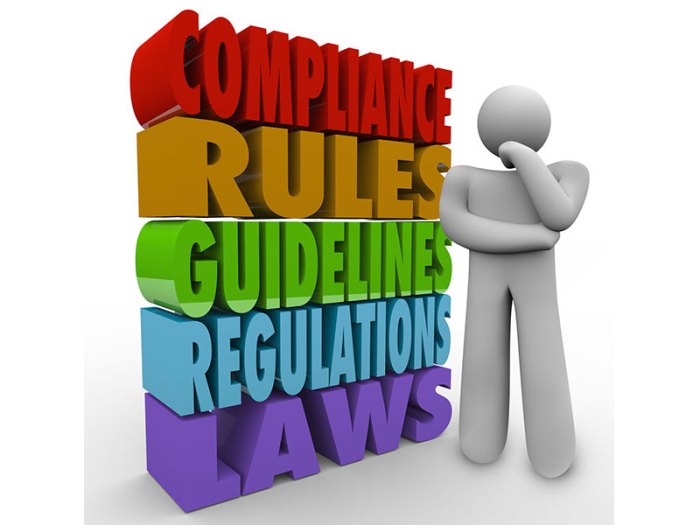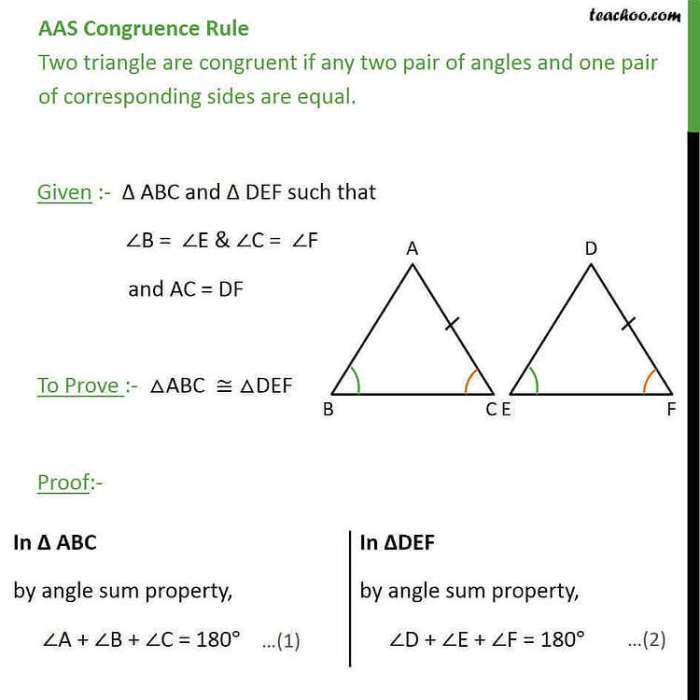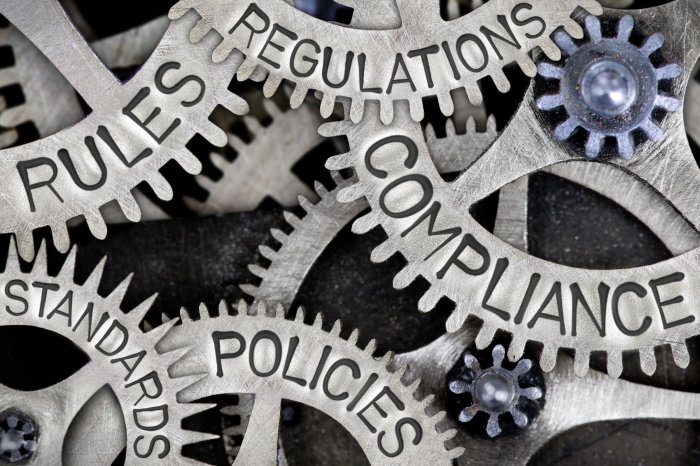State laws and ethical standards are congruent, establishing a firm foundation for this compelling exploration. We delve into the intricacies of this harmonious alignment, examining its significance, consequences, and strategies for enhancement. Join us on this captivating journey as we unravel the complexities of ethical decision-making in the context of state laws.
This discourse will illuminate the interplay between state laws and ethical standards, exploring the methods for assessing their congruence, analyzing case studies, and identifying strategies to foster alignment. We will delve into the ethical implications and considerations, examining potential conflicts and dilemmas, and exploring the role of ethics in decision-making related to congruence.
1. State Laws and Ethical Standards Congruence Overview

State laws and ethical standards are fundamental frameworks that govern the conduct of individuals and organizations within a society. Alignment between these two frameworks is crucial for maintaining social order, protecting rights, and ensuring fair and ethical practices.
State laws are legal regulations enacted by legislative bodies to regulate various aspects of society, such as criminal behavior, business practices, and environmental protection. Ethical standards, on the other hand, are moral principles and values that guide individuals and organizations in making decisions and shaping their actions.
Congruence between state laws and ethical standards is essential because it:
- Promotes social justice and fairness
- Protects individuals from harm
- Fosters trust and confidence in the legal system
- Prevents conflicts between legal and moral obligations
Misalignment between state laws and ethical standards can lead to:
- Legal loopholes that allow unethical behavior
- Moral dilemmas and conflicts of conscience
- Erosion of public trust in the legal system
- Potential for legal challenges and reform
2. Methods for Assessing Congruence
Assessing the congruence between state laws and ethical standards is a complex process that requires a systematic and comprehensive approach. Here are some key methods:
- Content analysis:Examining the text of laws and ethical codes to identify areas of alignment and misalignment.
- Case studies:Analyzing real-world cases to determine how laws and ethical standards have been applied and the outcomes of those applications.
- Surveys and interviews:Collecting data from individuals and organizations to gauge their perceptions of the congruence between laws and ethical standards.
- Ethical impact assessments:Evaluating the potential ethical implications of proposed laws or changes to existing laws.
Best practices for conducting congruence assessments include:
- Using a multi-method approach to triangulate findings
- Consulting with experts in law, ethics, and social sciences
- Considering the context and purpose of laws and ethical standards
- Ensuring transparency and objectivity in the assessment process
3. Case Studies and Examples
Case Study 1: Congruence in Environmental Law
In the case of environmental law, many state laws are closely aligned with ethical standards that promote environmental protection. For example, laws prohibiting the discharge of toxic chemicals into waterways align with the ethical principle of preventing harm to the environment.
Case Study 2: Misalignment in Business Ethics
In some cases, state laws may not adequately address unethical business practices. For example, laws allowing companies to engage in deceptive advertising may conflict with ethical standards that prioritize honesty and transparency.
4. Strategies for Enhancing Congruence

| Strategy | Benefits | Challenges |
|---|---|---|
| Legislative Reform | Directly addressing misalignments through changes to laws | Requires political will and consensus |
| Ethical Education and Training | Raising awareness of ethical principles and their application in legal contexts | Can be time-consuming and difficult to measure impact |
| Enforcement and Compliance | Ensuring that laws are effectively enforced and ethical standards are upheld | Requires adequate resources and a strong enforcement culture |
| Collaboration and Dialogue | Fostering collaboration between legal professionals, ethicists, and policymakers | Can be challenging to bridge different perspectives |
5. Ethical Implications and Considerations
The congruence between state laws and ethical standards raises important ethical implications:
- Legal vs. Moral Obligations:Laws may not always align with ethical principles, creating potential conflicts for individuals and organizations.
- Accountability and Responsibility:Ensuring that both laws and ethical standards are upheld and that those who violate them are held accountable.
- Social Justice and Equity:Ensuring that laws and ethical standards promote fairness and protect the rights of all members of society.
6. Current Trends and Future Directions: State Laws And Ethical Standards Are Congruent

Current trends in congruence assessment and enhancement include:
- Use of technology and data analytics:Facilitating more comprehensive and efficient assessments of congruence.
- Increased focus on global ethical standards:Recognizing the interconnectedness of legal and ethical frameworks across borders.
- Emergence of new ethical challenges:Related to technological advancements and societal changes, requiring ongoing assessment and adaptation.
Future research directions include:
- Developing more robust frameworks for assessing congruence
- Investigating the impact of congruence on legal and ethical decision-making
- Exploring the role of ethics in legal reform and policy development
Essential FAQs
What is the significance of congruence between state laws and ethical standards?
Congruence ensures that legal requirements and ethical principles are aligned, promoting ethical decision-making, preventing conflicts, and fostering trust in the legal system.
How can we assess the congruence between state laws and ethical standards?
Frameworks for evaluating congruence exist, utilizing assessment tools and techniques to analyze the alignment between legal provisions and ethical guidelines.
What strategies can be employed to enhance congruence between state laws and ethical standards?
Strategies include reviewing and revising laws, promoting ethical awareness, and fostering collaboration between legal professionals and ethicists.